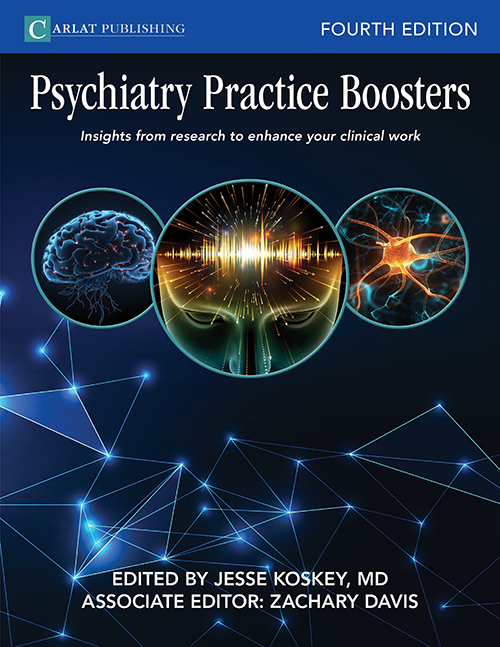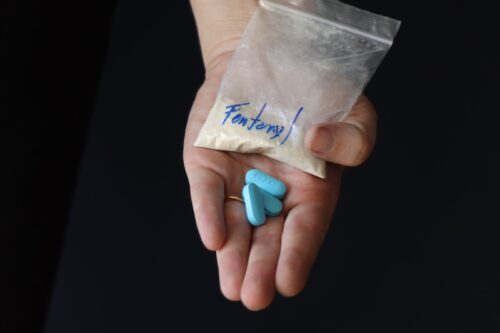Tolerability of Vortioxetine for Pediatric Anxiety and Depressive Disorders
REVIEW OF: Findling RL et al, J Child Adolesc Psychopharmacol 2018;28(1):47–54
STUDY TYPE: Open-label extension study
Both fluoxetine and escitalopram are FDA approved for depression in adolescents. One recent trial of vortioxetine has endorsed its efficacy for depression in adolescents, but what about its tolerability? A recent study provides some data.
This was an industry-funded, open-label extension study that assessed the long-term safety of vortioxetine in children and adolescents. Forty-one participants completed the six-month study. The vortioxetine doses were adjusted at the discretion of the investigators (dose range 5–20 mg/day). Tolerability and suicidal ideation/behavior were assessed every four weeks using the Pediatric Adverse Event Rating Scale and the Columbia Suicide Severity Rating Scale.
Over the course of the study, half of all participants experienced adverse events (AEs) that were considered related to vortioxetine and 49% dropped out. Most treatment-emergent AEs were deemed mild or moderate in intensity, with the most common being headache and nausea. Six adolescents (about 15%) experienced suicidal ideation, one of whom had a nonfatal suicide attempt. None of these cases were considered related to vortioxetine by the investigators.
Notable limitations of the study included small sample sizes, lack of placebo control, no assessment of concomitant psychopathology, and funding by the manufacturer of vortioxetine.
CARLAT TAKE
The rate of reported suicidal ideation associated with vortioxetine in this industry-funded study is notable and much higher than even the relatively high 3.4% we’ve seen reported for paroxetine (for more, see CCPR Oct/Nov/Dec 2020). Moreover, a recent larger study of 616 patients by the same research team found no benefit over placebo (Findling RL et al, J Am Acad Child Adolesc Psychiatry 2022;61(9):1106–1118.e2). We cannot recommend vortioxetine without large, non-industry-funded, randomized, placebo-controlled trials to establish its safety, tolerability, and efficacy in youth.


_-The-Breakthrough-Antipsychotic-That-Could-Change-Everything.jpg?1729528747)



